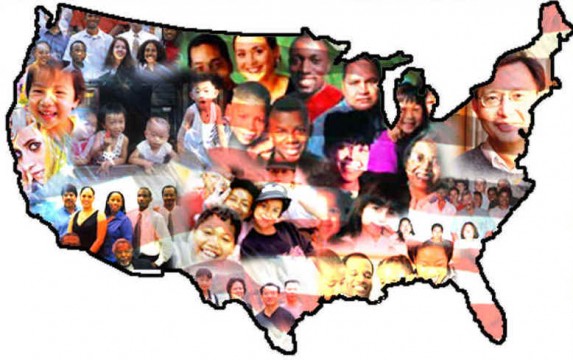Casey French

This week, we watched an excerpt from Transgender Parenting which consisted of a series of interviews by different parents. Each parent discussed the difficulties of raising a child in our society. Our concept of "family" is defined as one man and one woman, but transgender parents challenge the social norm. What makes us male or female is determined solely on our reproductive organs at birth. All of our traits, behaviors, and attitudes are shaped around this critical factor. The roles of the family institution has been ingrained by the premise of biology and parent identity. What it means to be a mother or a father is interpreted by a distinct set of characteristics. For example, in the documentary, one transgender parent was contemplating what she considers herself to be once the baby is born. She questioned why she had to justify herself between the two roles.
Does this institution have to be like this? Of course not. The purpose of this institution is to provide children of future generations the same amount of care and affection as any other family unit. I believe that it is working, but it is faced with many obstacles. When the family unit separate, it creates a strain on parenting relationships for transgender people, especially if the child lives with the other parent. Another obstacle is revealing their new gender identity to their children, which could have a significant impact on how a child interprets gender transformation. No family is perfect, but if the intention is to raise a child, transgender parenting serves no threat to the structured family institution.
In this interview, a woman shares her experiences with her father who transitioned into a transgender woman while she was in middle school. Her father Trisha found it difficult to come out to his children for fear that exposing his new gender identity might negatively impact the family unit.

